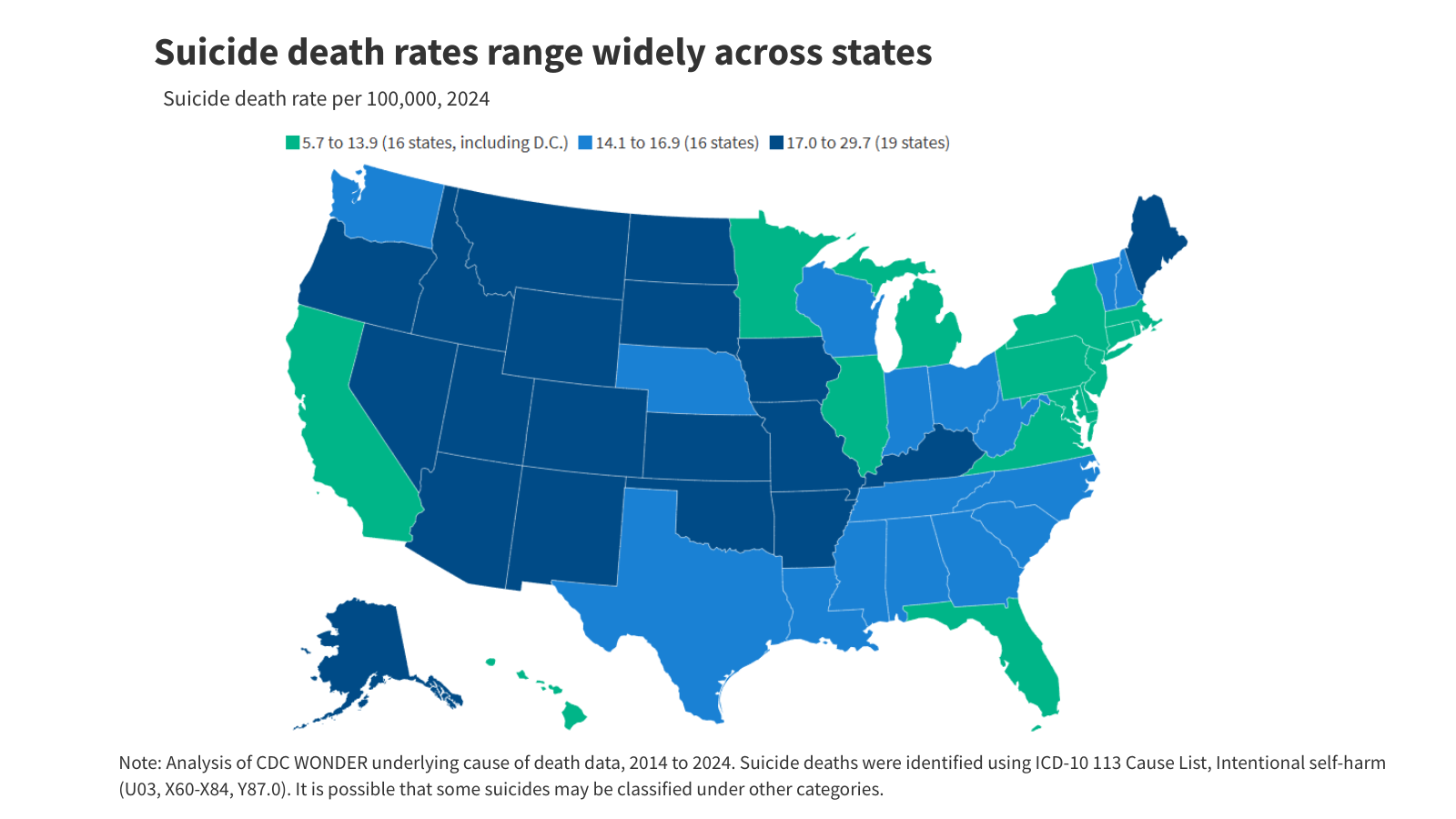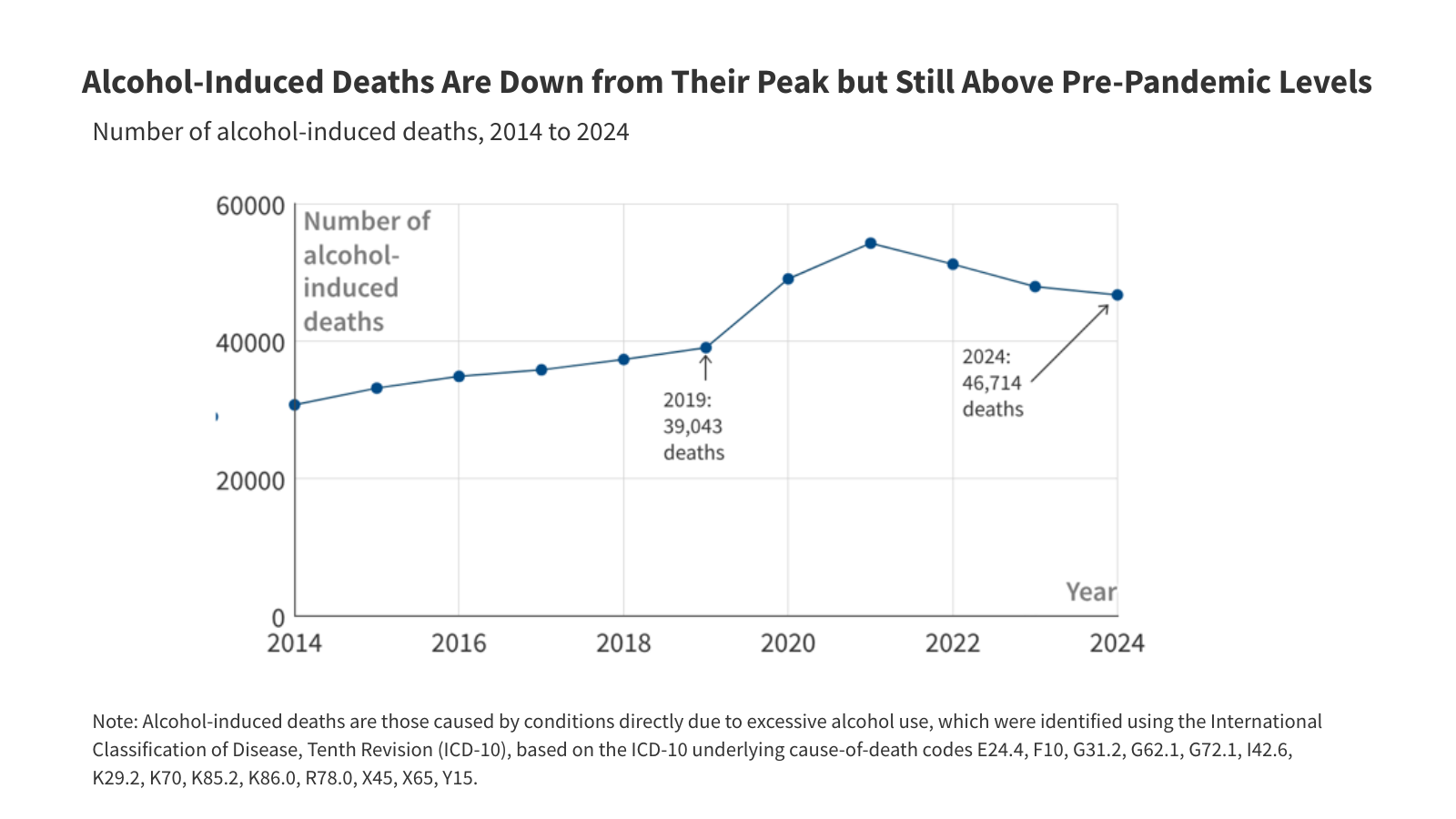2021 Employer Health Benefits Chart Pack
This slideshow captures key data from the 2021 KFF Employer Health Benefits Survey survey, providing a detailed look at trends in employer-sponsored health coverage, including premiums, employee contributions, cost-sharing provisions, offer rates, wellness programs, and employer practices.




